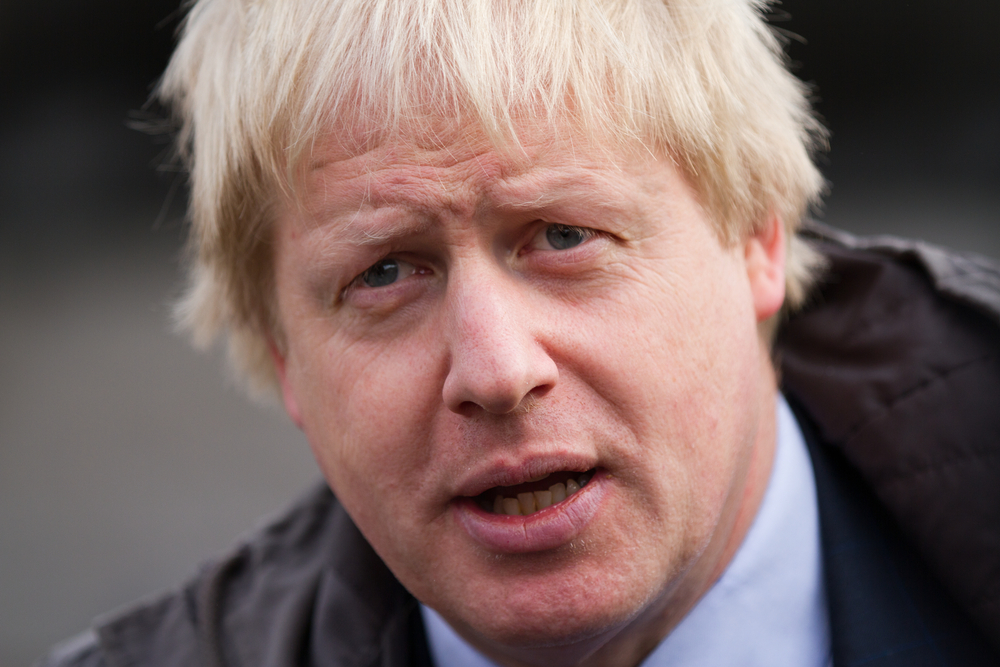News
What will the new Prime Minister mean for your money?

Guest Author:
Emma LunnIn less than a month either Boris Johnson or Jeremy Hunt will be Prime Minister of the UK. We’ve taken a look at how each candidate will impact your wallet.
The Conservative leadership contest has now been whittled down to two, with both Johnson and Hunt making pledges as part of their respective leadership campaigns.
The pair have differing views when it comes to tax cuts for high earners, changes to National Insurance (NI), and social care.
Boris Johnson
Johnson has, controversially, pledged to hand a £9bn tax boost to 4 million higher earners by raising the 40p higher-rate tax threshold from £50,000 to £80,000. The move is expected to benefit the top 10 per cent of earners to the tune of almost £2,500 a year.
Tom Selby, senior analyst at AJ Bell, said: “Pensioners enjoying high incomes look set to be the big winners as they won’t be affected by Johnson’s plan to raise the NI ceiling to help pay for the measure.
“At the other end of the income spectrum, Johnson has signalled his intention to raise the level at which NI payments kick in. While he hasn’t gone into specifics (shock), the IFS reckons every £1,000 increase in the level would cost about £3bn a year.”

How life insurance can benefit your health and wellbeing over the decades
Sponsored by Post Office
AJ Bell calculated that if Johnson follows through on his promises, the total annual cost could reach £20bn – roughly half the amount currently spent on pension tax relief each year.
However, it’s worth noting raising the point at which the higher-rate tax threshold kicks in would lower the tax relief available to those affected from 40 per cent to 20 per cent.
Selby said: “Despite this higher-rate, pension tax relief would likely come under pressure in this scenario, particularly if a no deal Brexit places further strain on the UK economy. However, Johnson is above all else a pragmatist and will be fearful of anything which could alienate core Tory voters.”
Johnson is also reportedly considering scrapping stamp duty on homes worth less than £500,000. The move is said to be part of his emergency budget plans if the UK leaves the EU without a deal. This would represent a major giveaway of up to £10,000 for first-time buyers and £15,000 for other property buyers.
Jeremy Hunt
Johnson’s rival for the top job isn’t so keen on the idea of lowering income tax for higher-earners, warning that the Conservatives ‘must never fall into the trap of tax cuts for the rich’.
Instead Hunt has pledged to axe employee NI for the first £1,000-a-month of earnings, a policy expected to cost more than £10bn. Currently employee NI is levied at 12 per cent on earnings between £8,632 and £50,000, and 2 per cent on earnings above this level.
“Raising the NI primary threshold would increase disposable income for all taxpayers, with both Hunt and Johnson presumably banking on people spending this extra cash in the real economy,” said Selby.
Hunt has pledged to tackle the student loans scandal that has seen some graduates paying more than 6 per cent interest on their debt. He has suggested a return to the pre-2012 system where loan interest reflected RPI inflation, a move which would cost an estimated £1bn.
“Hunt’s big focus looks to be on social care, an issue which successive governments have pledged to address and subsequently dodged due to the political sensitivity and cost of the plans outlined to-date,” said Selby, “Hunt admitted during the TV debates that cuts to local authority budgets, which sit at the centre of the existing system, went ‘too far’. In 2017/18 local authorities spent £21.3bn on social care in England, down from £22bn in 2010/11. It is not clear yet exactly what the former health secretary would do here, although he will be faced with the same challenges policymakers have failed to grip since 2010.”